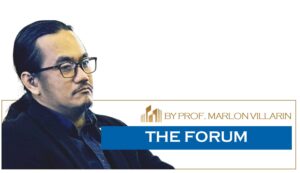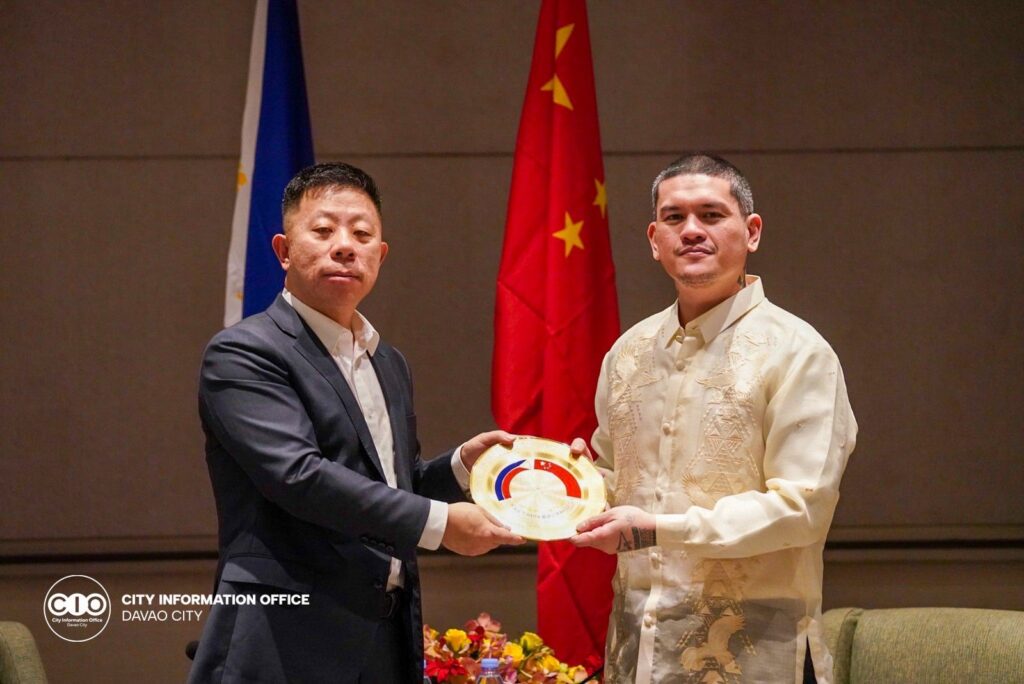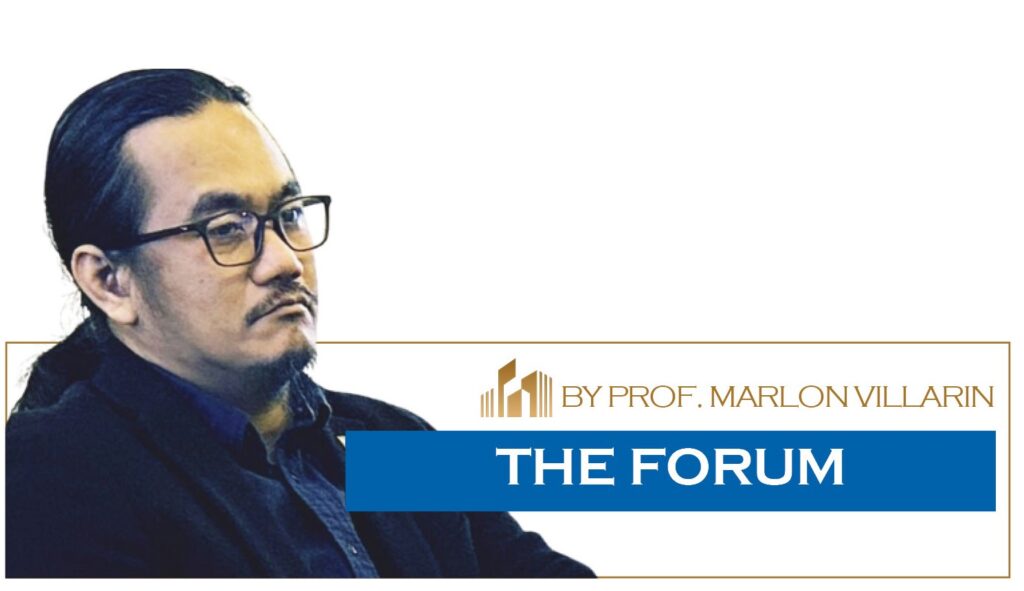As we approach the 52nd commemoration of the declaration of Martial Law on September 21, 1972, it is imperative for Filipinos to reflect on the lessons ingrained in our history.
The political and socio-economic landscape today serves as a stark reminder of the potential dangers that threaten our democracy, freedom, and civil liberties. The specter of Martial Law is not merely a relic of the past; it is a reality that could easily resurface if we fail to remain vigilant and proactive.
The declaration of Martial Law by the late President Ferdinand Marcos Sr. was not just a political and social maneuver; it was a profound violation of the fundamental human rights that silenced dissent and stifled freedom.
Today, as we navigate the complexities of governance under the PBBM administration, we must recognize the warning signs of authoritarianism and cronyism lurking in the shadows. The political climate is rife with issues of transparency, accountability, and the misuse of power. This moment in history should compel us to ask: Are we doing enough to safeguard our democracy?
Public vigilance is essential in ensuring a responsible, transparent, and accountable government. The Filipino people must not take for granted the hard-won freedoms that characterize our society. We must actively engage in the political process, demanding that our leaders adhere to principles of good governance. This is especially pertinent as we approach the 2025 mid-term elections, a pivotal moment for shaping the future of our nation.
We need leaders who are not merely rubber stamps for President Bongbong Marcos or any political figure, but individuals who have the courage to challenge the status quo and scrutinize public policies, programs and expenditures.
It is imperative that we elect representatives who prioritize the welfare of their constituents over personal gain, especially in a time when graft and corruption threaten to undermine public trust. Our leaders must be committed to fiscalizing public funds and ensuring that every peso is accounted for and used effectively.
Moreover, the role of the media, civil society, and the church cannot be overstated. These institutions must take up the mantle of wisdom and guidance, acting as beacons of hope and sources of information for the public. They have the power to educate citizens about their rights and responsibilities and to foster an environment where active citizenship flourishes. The media should not shy away from exposing corruption and holding power to account, while civil society must mobilize communities to participate in the democratic process. The church, too, has a unique role in promoting ethical leadership and social justice.
Let us remember that the lessons of Martial Law extend beyond mere remembrance. They call us to action. The danger of slipping back into authoritarian rule is ever-present, and it is our responsibility to ensure that history does not repeat itself. We must cultivate a culture of active citizenship where dissent is not only accepted but encouraged, where transparency is demanded, and where accountability is non-negotiable.
Let us honor the sacrifices of those who fought for our freedoms by committing ourselves to a vigilant, engaged, and informed citizenry. We owe it to ourselves and future generations to ensure that our democracy remains intact and our rights are protected.
The lessons of the past are clear: only through collective action and unwavering vigilance can we safeguard our future.




